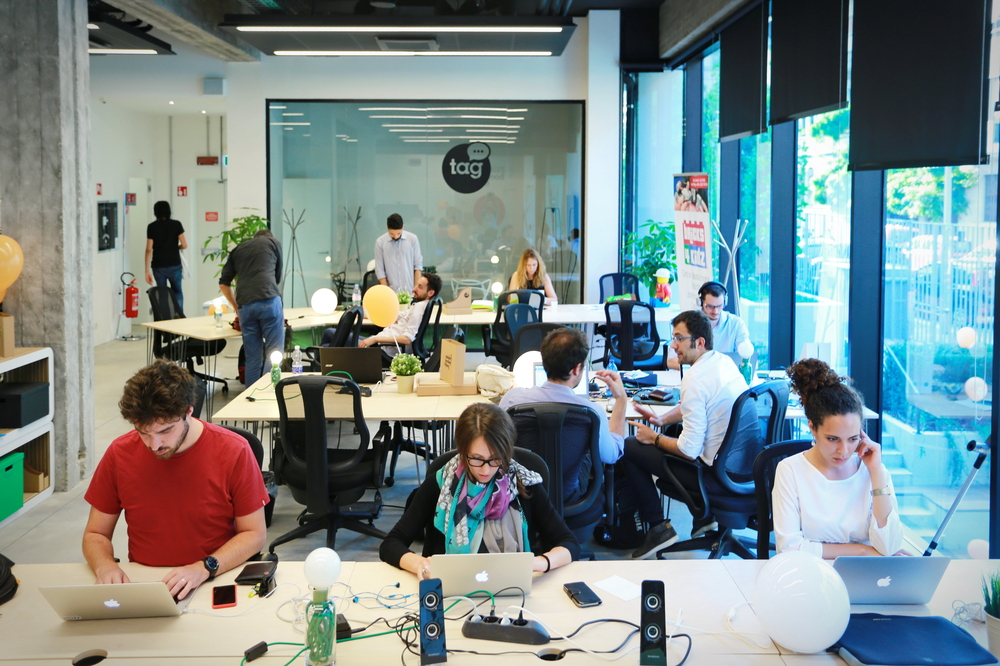Co-working property segment to emerge victorious post-pandemic
As businesses resort to more flexible working schemes

Despite the current shortage of co-working users, investment management firm UBS Asset Management predicted that this property segment will substantially succeed once the world has recovered from the COVID-19 pandemic, reported Commercial Real Estate.
Shaowei Toh, head of real estate research and strategy in Asia Pacific at UBS, said that in the past month, the regulations imposed to address the outbreak have promoted emerging trends in the real estate sector, particularly when it comes to flexible working.
“Before this epidemic, working from home or mobile working was arguably more a concept that was ‘good to have,’ but never really implemented in a big way, at least in most of APAC,” explained Shaowei.
More: Year in review: the rapid adoption of co-working spaces in Asia
“When this COVID-19 outbreak is behind us, we believe many office tenants will review their fixed real estate space requirements, especially if this involuntary experiment with mobile working has resulted in comparable levels of efficiency.”
Large Australian corporations have already started to enforce flexible working policies in the past week, from asking the entire staff to work remotely to dividing workforces into various locations and rotating teams to work from home.
“The notion of mobility and flexible working is being truly tested during this COVID-19 crisis,” he added. “As countries seek to limit human-to-human contagion, many companies have activated business contingency plans and home-based working is becoming a daily routine for many workers.”
“In other instances, employees are dispatched to alternative work locations where they can perform the same functions with the aid of technology.”
Recommended
Dewan Architects’ Mohammed Adib leads with human-centred design and technological innovation in the Middle East and beyond
Mohammed Adib channels his childhood curiosity and dislike for design uniformity into his work at Dewan Architects + Engineers
UAE real estate shifts focus to sustainability and quality, revitalising iconic projects
The UAE has risen from its challenges to emerge as a more sustainable, quality-focused destination
Exploring A Life By Design’s maximalist approach to interior design
Andrea Savage is embracing the maximalist trend with bold and vibrant interior designs
Jakarta’s emerging innovation hub integrates tech and healthcare sectors
The Digital Hub in BSD City is being positioned as Indonesia’s counterpart to Silicon Valley






